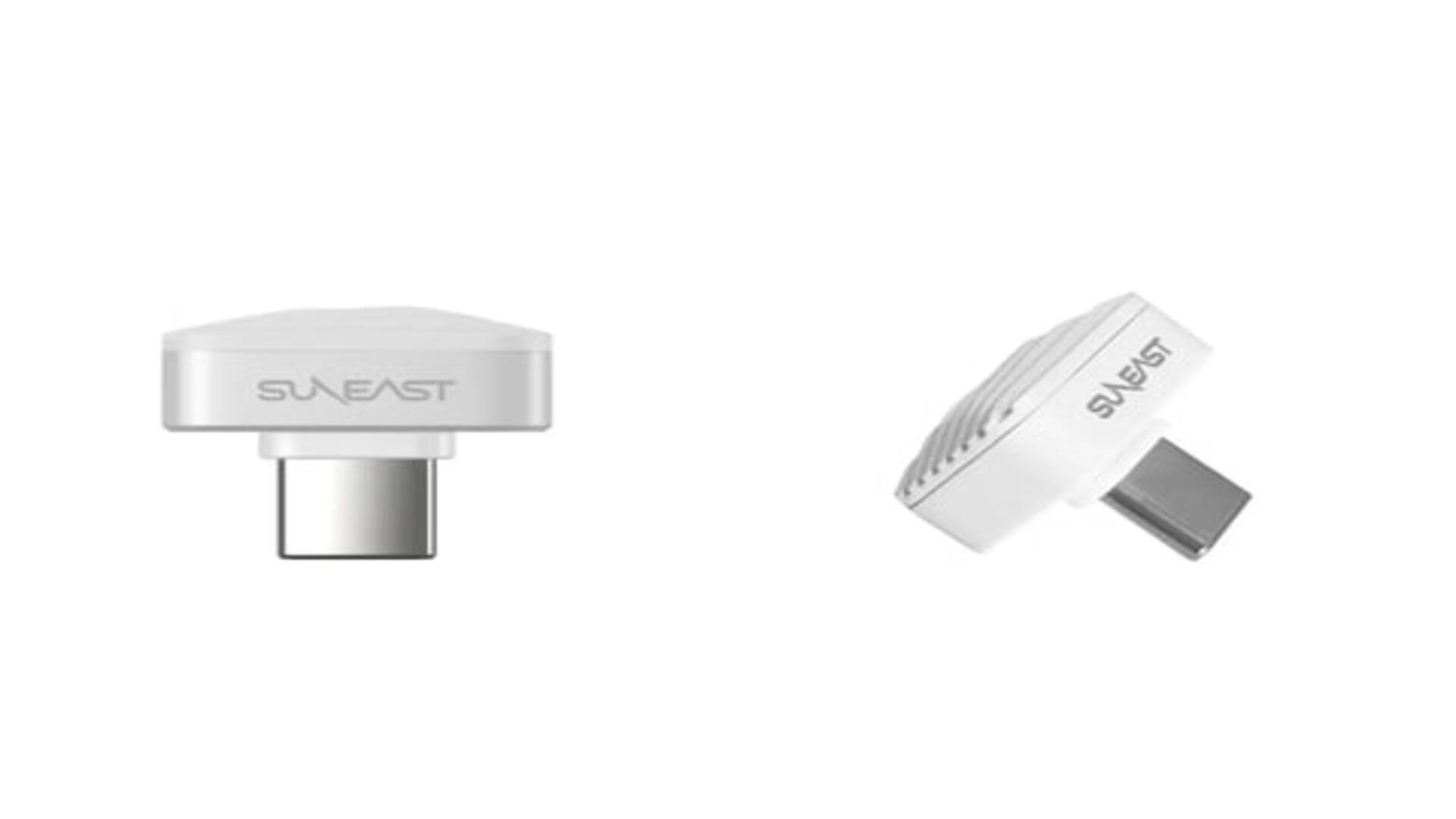- Suneast Portable SSD Nano is smaller than a coin
- Weighing just 2.8g, the drive is easy to carry and just as easy to lose
- Read and write speeds are decent, but far from what power users might expect today
We’ve seen some impressively small SSDs over the years, and some, like the Buffalo 1TB SSD, resemble oversized flash drives more than traditional storage devices.
The Portable SSD Nano, released by Asahi Electronics under the Suneast brand, is a USB-C external SSD that weighs just 2.8 grams and measures a mere 10.6 x 20 x 13.5mm.
There’s plenty of buzz around the size and portability of this device, but that small form factor isn’t all upside. It’s smaller than a coin, could easily be mistaken for a piece of candy, and its toy-like appearance and feather-light build raise valid concerns about how easily it could be misplaced, or worse, accidentally ingested. For that reason, it’s best kept out of reach of children.
Not a replacement for the largest SSDs just yet
Despite its tiny size, the drive packs up to 512GB of solid-state storage, with advertised read speeds of up to 450MB/s and write speeds of up to 400MB/s.
While those figures don’t place it among the fastest external SSDs in terms of raw performance, they’re more than adequate for everyday tasks like document transfers, photo backups, or carrying around a library of media files.
When inserted into a laptop or mobile device, only 10.6mm remains visible, meaning it sits nearly flush with the host device, a discreet and convenient design.
The drive uses a USB 3.2 Gen 1 Type-C interface and comes preformatted in exFAT, ensuring plug-and-play compatibility across a wide range of devices.
Supported platforms include Windows PCs, macOS, Linux, Android 14 and above, and iPhones and iPads with USB-C running the latest iOS and iPadOS versions.
Despite the novelty, it’s important to remember that this is still a relatively low-capacity drive by today’s standards. With a maximum capacity of 512GB, it won’t replace higher-end SSDs used for content creation or gaming. But for sheer portability, it’s hard to beat.
Via PCWatch





